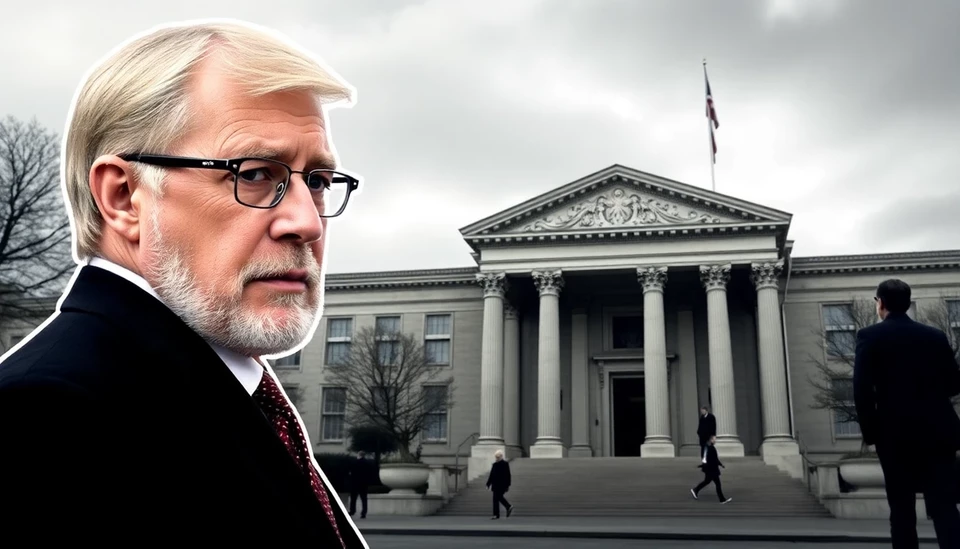
Traders are expressing doubts over whether the Bank of England (BoE) will proceed with interest rate cuts in February, amidst a complex economic landscape. Recent data suggests that inflation pressures could persist, which complicates the central bank’s policy considerations. Despite hopes for a more accommodating stance, market opinions are decidedly mixed, leading to speculation about the direction of monetary policy in the coming months.
The current state of the UK economy, marked by inconsistent inflation rates and varied economic indicators, has left many market participants unsure about the BoE's next move. Some analysts note that while there's a possibility of easing, it is highly contingent upon forthcoming economic data and the broader global financial environment.
Recent statements from BoE officials have hinted at maintaining a cautious approach. The central bank is wrestling with the balance between fostering economic growth and controlling inflation, which continues to remain above target levels. As such, expectations surrounding interest rate adjustments have been fluid, with traders monitoring every nuance in communication from the BoE for any sign of a shift in policy direction.
The outlook for the UK economy as 2024 approaches remains uncertain. While some traders cling to the hope that the BoE will implement rate cuts early in the year, others are preparing for a potential hold on rates, depending on labor market dynamics and consumer spending patterns. This narrative of uncertainty plays into wider trends seen across global economies, with central banks globally facing similar dilemmas.
Financial markets are particularly sensitive to these developments, and as the February meeting draws closer, volatility in currency and bond markets is expected to increase. Investors are weighing the implications of both potential scenarios, either a cut or the maintenance of current rates, and adjusting their positions accordingly.
As we move into the new year, the picture will only become clearer with an array of economic releases scheduled to arrive before the BoE’s decision. Economic growth figures, inflation reports, and employment statistics will all play crucial roles in shaping the bank’s perspective and any subsequent policy actions.
The upcoming months will be pivotal in determining whether the BoE will opt for a more dovish stance or maintain a firm grip on interest rates. Traders will be keenly observing these developments and ready to react to any shifts that could indicate the BoE's intended path moving forward.
In conclusion, the uncertainty surrounding interest rate cuts by the Bank of England is a reflection of an economy grappling with conflicting signals. Traders remain cautious as the February meeting approaches, with their sentiments hinging on forthcoming economic data and the overarching global economic narrative.
#BankOfEngland #InterestRates #MonetaryPolicy #EconomicOutlook #UKEconomy #Traders #FinancialMarkets
Author: Rachel Greene




